The most competitive and comprehensive Semaglutide
option in Utah...
Recovery - performance - longevity

You Can Heal Your Body
Utah’s #1 for Functional Medicine and Regenerative Health Solutions
Helping you achieve the life you want medication free
Our Specialized Care Solutions

Physical Care
➧ Tailored Health Solutions for Men and Women
➧ Weight Loss Management: Personalized, Sustainable Programs
➧ Prolozone Therapy for Effective Pain and Healing
➧ Aesthetic treatments: Botox and fillers

Holistic Care
➧ Management of Hormone Imbalances & Bio-identical Hormone Replacement Therapy
➧ Advanced Techniques for Fatigue and Stress Management
➧ Comprehensive Solutions for Chronic Fatigue & Sleep Disorders
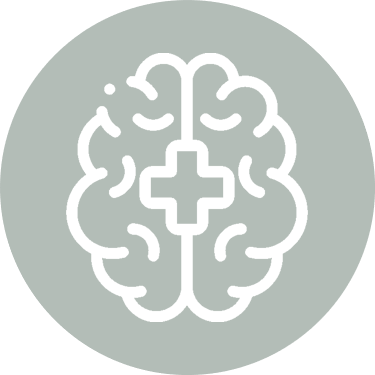
Neurological & Mental Health Care
➧ Dedicated Mental Health Support
➧ Cutting-edge Neurofeedback Therapy
➧ Specialized Care for Mood, Stress, and Anxiety Disorders

Are you sick and tired of being sick and tired?
You have tried everything; diets, supplements, exercise, medication, and far more, yet you are still in pain, exhausted, your medications keep increasing, and you feel like it is impossible to get enough sleep.
At Prestige Wellness Institute our mission is to empower our patients by providing them with evidence-based and effective natural treatments using regenerative health and functional medicine philosophies and tools. We believe each person should be treated with a unique individual health plan and address the root cause to their symptoms. We know that the best possible outcome for our patients can occur when we as healthcare providers and expert staff are working as part of a team with each person individually.
Why CHOOSE US
At Prestige Wellness Institute, we offer personalized, safe,
and natural solutions for your mind, body, and overall well-being.

Here's why to choose us:
Personalized Care: Tired of treatments that don’t fit you? We design customized wellness plans that match your unique needs, lifestyle, and health goals, ensuring every therapy is matched specifically to you.
Natural & Safe Solutions: Are you concerned about side effects or synthetic treatments? Our therapies use bioidentical, plant-based hormones and non-invasive regenerative methods. That helps to restore health naturally and safely.
Holistic Wellness Approach: Tired of focusing on symptoms rather than overall health? We find out the root causes of imbalance, combining multiple therapies for whole-body wellness and long-term vitality.
Proven & Evidence-Based Methods: Wondering if it really works? Every therapy at Prestige Wellness is connected with clinical research and real-world success, ensuring you receive methods that truly work.
Convenience & Comprehensive Care: Are you done with scattered care? At Prestige Wellness, we provide all your treatments under one roof. We give you a stress-free experience.
Your Goals, Our Priority: Worried about your wellness needs? We prioritize your health goals, creating personalized solutions that fit your lifestyle. We deliver real and lasting results.
How do you get started?

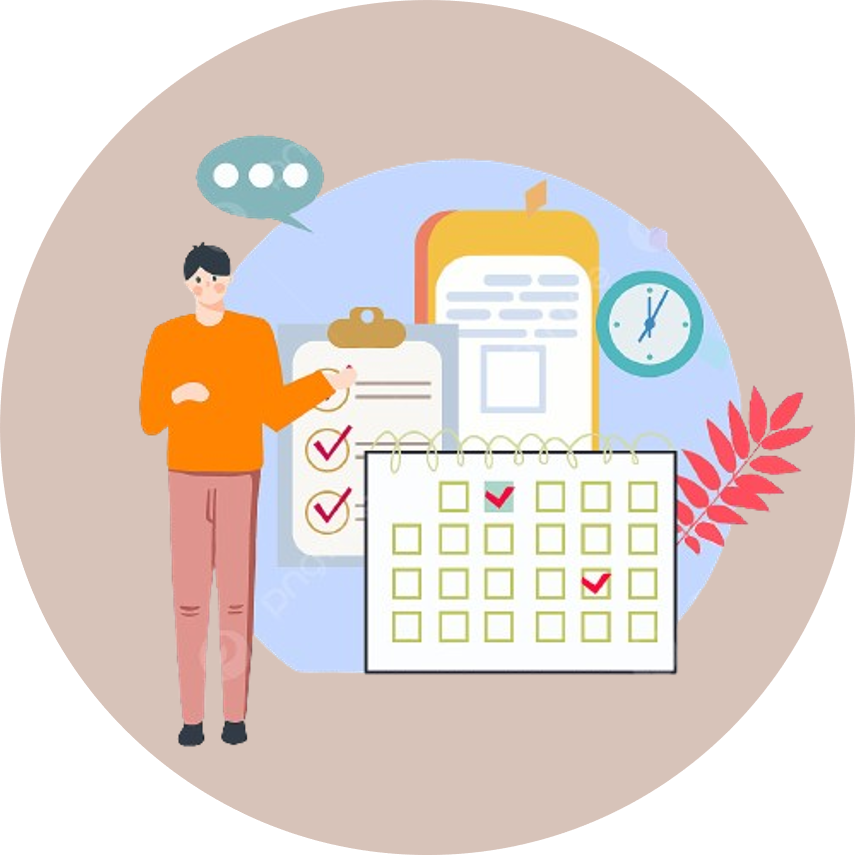
Schedule Your Appointment
Call our office in either location of Moab or Springville Utah to book your appointment with one of our specialists.


You Tell Us
Complete our custom surveys and questionnaires. This gives us an in depth snapshot into your symptoms, history and health issues.


Meet With Us
Receive a biofeedback scan upon arrival and meet with your medical professional specialist for your personal 90 minute in-depth health evaluation. Your specialist will go over their findings and root cause diagnosis for you and all of your health concerns and symptoms.


Choose Your Plan For Better Health
During your meeting you will receive your personalized custom health program for ongoing care.
ARE YOU READY TO TAKE YOUR LIFE BACK AND LIVE IT TO THE FULLEST?
We understand your struggles. Over and over, we've witnessed the story: individuals, both men and women, leading dynamic lives until, suddenly, they find themselves running on empty. We're familiar with the narratives of disrupted sleep, persistent pain, escalating medication, and a constant state of exhaustion.
Through treating thousands of patients, including members of our own team, we've recognized that there is a way forward. The key is that this journey isn't one-size-fits-all; it's a path shaped by your individual experiences and needs.

Our Wellness Services
If you are feeling low energy, brain fog, and aging issues, then we have another service that can match your condition.
We are experts in providing natural plant-based solutions for your body and mental health-related issues.
Let's find out about our other wellness services.

Aesthetics & Injectables:
Are you facing aging issues? Boost your natural beauty with safe, expert cosmetic treatments. Get rid of smooth wrinkles, restore your volume, and boost confidence effortlessly. Every treatment is personalized to match your unique features and goals.
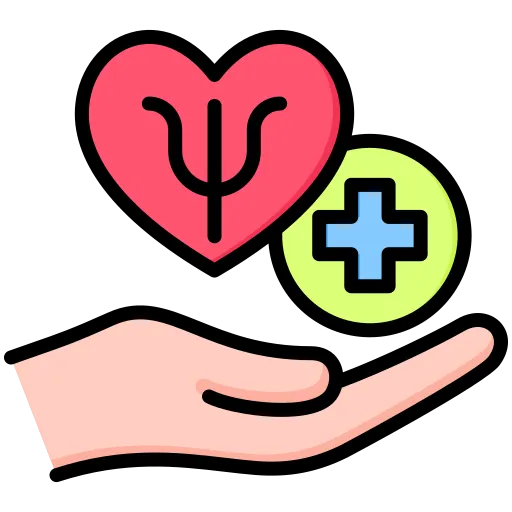
Softwave Therapy:
If you have joint pain, muscle injury, and stiffness. We use soundwave technology to regulate and stimulate healing and tissue regeneration safely. Our targeted approach ensures deeper, effective healing for long-lasting results.

Weight Loss Therapy:
If you have stubborn weight and a low metabolism. We have a peptide-based program that supports fat loss and restores energy balance. Each plan is customized to fit your body’s needs and lifestyle.
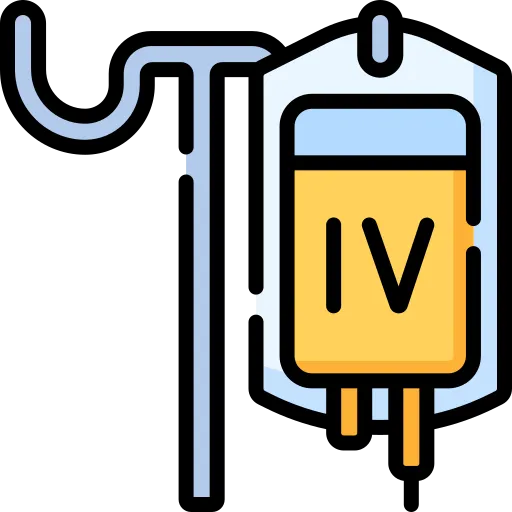
IV Therapy:
Recharge instantly. Best for fatigue, dehydration, or nutrient deficiency. We deliver targeted vitamins and hydration directly into your bloodstream to get fast results.
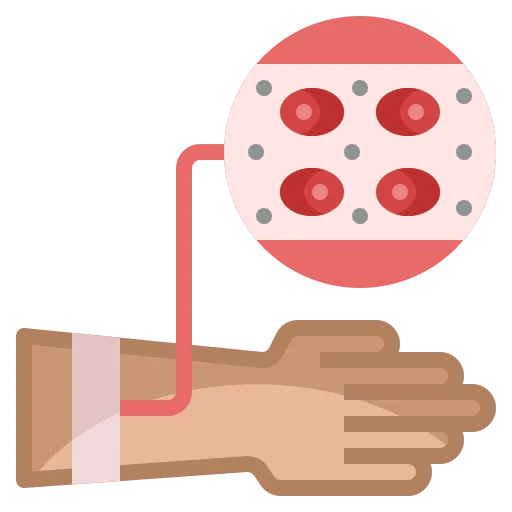
Chelation Therapy:
Detox and protect your heart health. We remove heavy metals safely with IV chelation. This works to detoxify and improve cardiovascular health by removing heavy metals from your system through safe IV treatments.
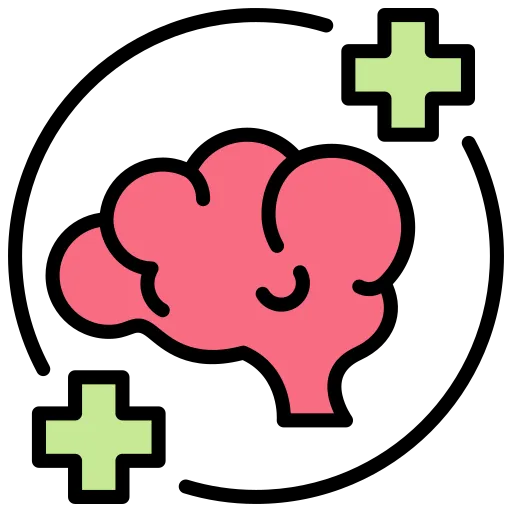
Micro-current Neurofeedback (IASIS):
Reset your mind. If you are facing anxiety, depression, or brain fog. We apply gentle neurofeedback signals to retrain the brain for calmness and clarity.
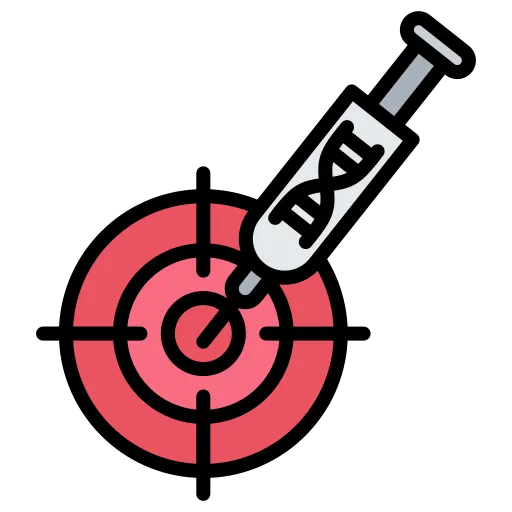
Prolozone Therapy:
Repair your joints naturally. If you have chronic pain, arthritis, and joint issues. We use oxygen and nutrient injections to repair tissues and restore natural function. Our expert-guided therapy targets the root cause, not just symptoms.
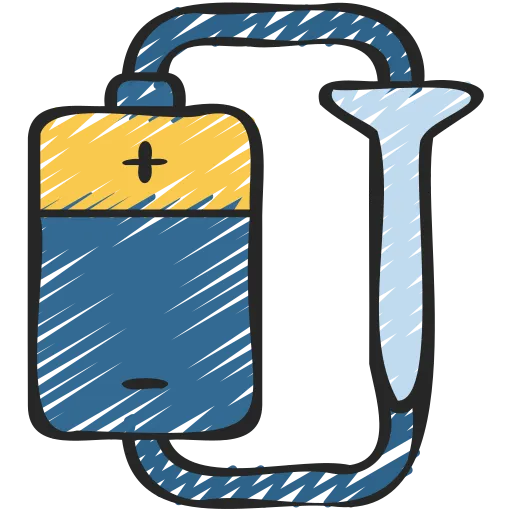
Pulsed Electromagnetic Field (PEMF) Therapy:
Restore your body's natural energy. This treatment helps in recovery from inflammation, fatigue, or chronic pain. We use electromagnetic pulses to recharge cells and improve circulation.
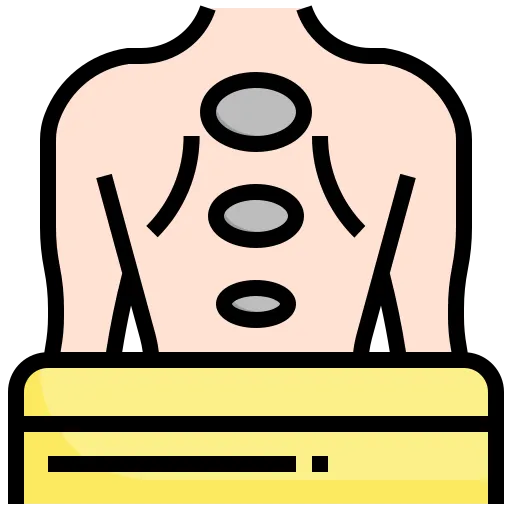
Massage Therapy:
Facing the stiff muscles issue? Our massage therapy helps to relieve tension, reduce stress, and support flexibility. Personalized sessions help restore balance to body and mind.
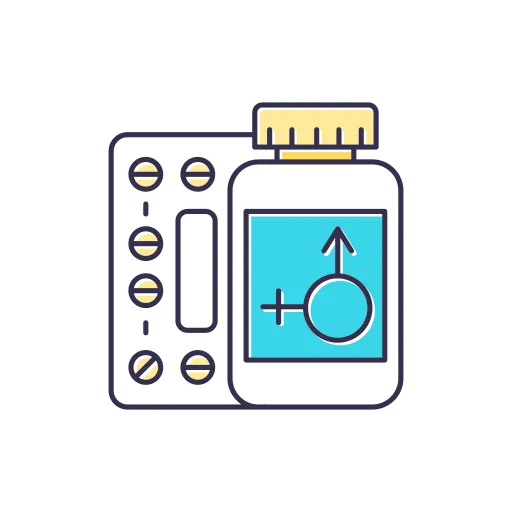
Hormone Replacement Therapy BHRT:
If you see weight gain and mood swings, then our BHRT will help you maintain them. We provide customized solutions for everyone's needs. Our safe, plant-based hormones restore your body naturally.
TESTIMONIALS
unmute to hear their experiences with us
BLOG ARTICLES

Back to School!
Back to School!
As we approach the end of summer recess, parents, children, educators, and school administrators experience a mix of excitement, sadness, anxiety, anticipation, and fear. Many will lament losing the freedom to recreate, travel, or enjoy late nights. Others, however, will have more serious concerns: Will Josie be able to keep up with her schoolwork? Will Johnny be able to sit still, focus, and learn? Can Max keep from disrupting other students? Will Stephanie be able to make good friends and avoid being bullied? Will Laura panic and freeze when called upon to read out loud?
Children affected by behavior disorders, mental disorders, or neurodevelopmental disorders are often judged by family, friends, or even educators as lazy, undisciplined, disinterested, unmotivated, or uncooperative. This is not to say that such children do not legitimately present serious challenges to their parents and the education system. They do. But when I sit across the table from these kids, they often admit that their brains just don’t seem to want to cooperate with their best intentions.
Parents typically observe that it’s as if an intelligent, kind, good person seems trapped inside their child’s body. They only wish they knew how to unleash the real child within. Teachers, at their wits' end, often beg parents to get their children evaluated and treated with manmade chemicals to make classroom life manageable and to allow learning to occur.
The drugs are miraculous. Instantly, the child taking amphetamines calms down, behaves, and focuses…for a few hours anyway. Although antidepressants take longer to work, they, too, can be game changers for children with anxiety or depression.
Unfortunately, all drugs come with risks and side effects. And they fail to address why the children's brains aren't functioning properly. Video games, smart devices, social media, and television have all been implicated in this crisis. Childhood trauma, neglect, bullying, poverty, and other environmental inputs also contribute significantly to students’ inability to learn, obey rules, be happy, and interact with others in appropriate ways.
But these latter environmental inputs have been present since Americans started attending school. And the influence of modern technology doesn’t explain why some children are obviously different from the time they are toddlers or even infants.
Some authorities have argued that the current epidemic of behavior disorders, autism, ADHD, anxiety, and depression is imaginary. In reality, they say, these problems have always been with us, and are no worse now than a hundred years ago. The difference is that today’s doctors are smarter (and therefore diagnose these conditions more readily), and that society is more aware of these problems. Some parents, understandably defensive about their children, claim their children are normal and that society is the problem because it doesn’t understand their quirkiness.
Any educator who has spent the last thirty years in the classroom knows these arguments are wishful thinking. Patently false. Absurd, even. This is a true epidemic, and it shows no sign of slowing down. The number of children requiring Individualized Education Plans (IEPs) has exploded over the last few decades. And the number of suicides and mass shootings among America’s youth has reached a fever pitch none of us could have imagined before SSRI antidepressants were first approved for use in children in 2003. Logically speaking, we should be seeing a reduction of these tragedies, not an increase. Doctors, educators, and parents would be wise to ask why, with so many resources devoted to mental and behavioral disorders in children, rates are rising and outcomes are worse than ever.
Yes, children with special needs are special. They are deserving of our love, acceptance, and best efforts. But we are not doing them any favors by pretending there is nothing medically wrong, any more than we would be doing someone a favor by pretending everything is normal after she has a stroke. Instead, we do everything in our power to rehabilitate her brain and prevent her from having another stroke.
Life beyond school is important to think about as well. Whereas great strides have been made in accommodating people with a variety of disabilities in society, special needs adults will automatically be excluded from many vocations and find relationships more difficult to navigate and maintain on their own. As one of countless examples that could be cited, would-be commercial pilots cannot even get a license if they take antidepressants, anxiety medicine, sleeping pills, stimulants, and many other drugs. They are also disqualified if they even have a diagnosis of a mental, developmental, or behavioral disorder, even if these are mild or under perfect control.
Forward-thinking parents, educators, and doctors naturally want nothing but the best for today’s youth. Most just don’t know what else to do other than establish a diagnosis so a child can be started on medication and/or an IEP.
Fortunately, there is an alternative. What if medication was not necessary? What if an IEP wasn’t needed? Then there would be no need for a diagnosis, at least not a traditional one.
In medicine, we are taught to put labels on conditions for a few different reasons. First, the label (diagnosis) tells us what drugs or other interventions we can prescribe. Second, it is required in order for us to bill insurance companies for our work. Third, it provides a framework for research so scientists can investigate and compare different ways of diagnosing and treating the same condition. Finally, labels legitimize an individual’s problems. For example, whereas an ignorant observer might say, “Mark just needs to be strapped to his chair and have his mouth taped shut,” we can instead say, “Mark behaves the way he does because he has ADHD.” Or we can say, “Beth is unmotivated and avoids social interaction because she has major depressive disorder.”
As well-intentioned as this approach may be, it doesn’t tell us what is going on in their brains that prevent them from functioning fully. Nor does it tell us how to fix the problems. These labels only give us license to control their symptoms using chemicals and to lower our expectations for their performance in school and life. Moreover, the chemicals don’t always work and sometimes make the problems worse, as we have seen with too many children treated with antidepressants. In fact, the FDA requires a black box warning on the use of antidepressants in children precisely because they will cause some—depending on the subtype of depression they have—to become suicidal or homicidal.
The bottom line is straightforward: To treat mental and behavioral disorders properly, we don’t need to put a psychiatric label on a child. Instead, we need to start by identifying the underlying causes of the malfunctioning brain. These can be biochemical abnormalities, toxins, infections, head trauma, gut dysfunction, metabolic dysfunction, or hormonal disturbances, to name a few. When we fix these problems and provide appropriate counseling, where necessary, a child often needs less medication to function well in school and life, or no medication at all.
We don't need to find out how many more IEPs Utah’s school systems can handle. Nor do we need to see how many drugs we can pump into our children before sending them off to school in the morning. But we are going to find out if we don't do something different soon.
If you have ever wondered if there is a better way to help your child reach his or her potential than you have been offered, call Prestige Wellness Institute in Springville or Moab, Utah, at (435) 210-0184. Let’s make this school year the turning point in your child’s life!

Back to School!
Back to School!
As we approach the end of summer recess, parents, children, educators, and school administrators experience a mix of excitement, sadness, anxiety, anticipation, and fear. Many will lament losing the freedom to recreate, travel, or enjoy late nights. Others, however, will have more serious concerns: Will Josie be able to keep up with her schoolwork? Will Johnny be able to sit still, focus, and learn? Can Max keep from disrupting other students? Will Stephanie be able to make good friends and avoid being bullied? Will Laura panic and freeze when called upon to read out loud?
Children affected by behavior disorders, mental disorders, or neurodevelopmental disorders are often judged by family, friends, or even educators as lazy, undisciplined, disinterested, unmotivated, or uncooperative. This is not to say that such children do not legitimately present serious challenges to their parents and the education system. They do. But when I sit across the table from these kids, they often admit that their brains just don’t seem to want to cooperate with their best intentions.
Parents typically observe that it’s as if an intelligent, kind, good person seems trapped inside their child’s body. They only wish they knew how to unleash the real child within. Teachers, at their wits' end, often beg parents to get their children evaluated and treated with manmade chemicals to make classroom life manageable and to allow learning to occur.
The drugs are miraculous. Instantly, the child taking amphetamines calms down, behaves, and focuses…for a few hours anyway. Although antidepressants take longer to work, they, too, can be game changers for children with anxiety or depression.
Unfortunately, all drugs come with risks and side effects. And they fail to address why the children's brains aren't functioning properly. Video games, smart devices, social media, and television have all been implicated in this crisis. Childhood trauma, neglect, bullying, poverty, and other environmental inputs also contribute significantly to students’ inability to learn, obey rules, be happy, and interact with others in appropriate ways.
But these latter environmental inputs have been present since Americans started attending school. And the influence of modern technology doesn’t explain why some children are obviously different from the time they are toddlers or even infants.
Some authorities have argued that the current epidemic of behavior disorders, autism, ADHD, anxiety, and depression is imaginary. In reality, they say, these problems have always been with us, and are no worse now than a hundred years ago. The difference is that today’s doctors are smarter (and therefore diagnose these conditions more readily), and that society is more aware of these problems. Some parents, understandably defensive about their children, claim their children are normal and that society is the problem because it doesn’t understand their quirkiness.
Any educator who has spent the last thirty years in the classroom knows these arguments are wishful thinking. Patently false. Absurd, even. This is a true epidemic, and it shows no sign of slowing down. The number of children requiring Individualized Education Plans (IEPs) has exploded over the last few decades. And the number of suicides and mass shootings among America’s youth has reached a fever pitch none of us could have imagined before SSRI antidepressants were first approved for use in children in 2003. Logically speaking, we should be seeing a reduction of these tragedies, not an increase. Doctors, educators, and parents would be wise to ask why, with so many resources devoted to mental and behavioral disorders in children, rates are rising and outcomes are worse than ever.
Yes, children with special needs are special. They are deserving of our love, acceptance, and best efforts. But we are not doing them any favors by pretending there is nothing medically wrong, any more than we would be doing someone a favor by pretending everything is normal after she has a stroke. Instead, we do everything in our power to rehabilitate her brain and prevent her from having another stroke.
Life beyond school is important to think about as well. Whereas great strides have been made in accommodating people with a variety of disabilities in society, special needs adults will automatically be excluded from many vocations and find relationships more difficult to navigate and maintain on their own. As one of countless examples that could be cited, would-be commercial pilots cannot even get a license if they take antidepressants, anxiety medicine, sleeping pills, stimulants, and many other drugs. They are also disqualified if they even have a diagnosis of a mental, developmental, or behavioral disorder, even if these are mild or under perfect control.
Forward-thinking parents, educators, and doctors naturally want nothing but the best for today’s youth. Most just don’t know what else to do other than establish a diagnosis so a child can be started on medication and/or an IEP.
Fortunately, there is an alternative. What if medication was not necessary? What if an IEP wasn’t needed? Then there would be no need for a diagnosis, at least not a traditional one.
In medicine, we are taught to put labels on conditions for a few different reasons. First, the label (diagnosis) tells us what drugs or other interventions we can prescribe. Second, it is required in order for us to bill insurance companies for our work. Third, it provides a framework for research so scientists can investigate and compare different ways of diagnosing and treating the same condition. Finally, labels legitimize an individual’s problems. For example, whereas an ignorant observer might say, “Mark just needs to be strapped to his chair and have his mouth taped shut,” we can instead say, “Mark behaves the way he does because he has ADHD.” Or we can say, “Beth is unmotivated and avoids social interaction because she has major depressive disorder.”
As well-intentioned as this approach may be, it doesn’t tell us what is going on in their brains that prevent them from functioning fully. Nor does it tell us how to fix the problems. These labels only give us license to control their symptoms using chemicals and to lower our expectations for their performance in school and life. Moreover, the chemicals don’t always work and sometimes make the problems worse, as we have seen with too many children treated with antidepressants. In fact, the FDA requires a black box warning on the use of antidepressants in children precisely because they will cause some—depending on the subtype of depression they have—to become suicidal or homicidal.
The bottom line is straightforward: To treat mental and behavioral disorders properly, we don’t need to put a psychiatric label on a child. Instead, we need to start by identifying the underlying causes of the malfunctioning brain. These can be biochemical abnormalities, toxins, infections, head trauma, gut dysfunction, metabolic dysfunction, or hormonal disturbances, to name a few. When we fix these problems and provide appropriate counseling, where necessary, a child often needs less medication to function well in school and life, or no medication at all.
We don't need to find out how many more IEPs Utah’s school systems can handle. Nor do we need to see how many drugs we can pump into our children before sending them off to school in the morning. But we are going to find out if we don't do something different soon.
If you have ever wondered if there is a better way to help your child reach his or her potential than you have been offered, call Prestige Wellness Institute in Springville or Moab, Utah, at (435) 210-0184. Let’s make this school year the turning point in your child’s life!
LET US ANSWER YOUR QUESTIONS
We look forward to meeting you.
We'd love to hear from you!
Please send us a message using the form below, request an appointment using our convenient appointment request form or call us today at (435) 210-0184.
Copyright © 2025 Prestige Wellness Institute. All rights Reserved.
Disclaimer
The information on this website is not intended to replace your physician and is not intended as medical advice. It is intended for educational purposes. Dr. Andrew and Prestige Wellness Institute encourages you to make your own health care decisions based upon your research and talk to your health care provider before making lifestyle changes.


